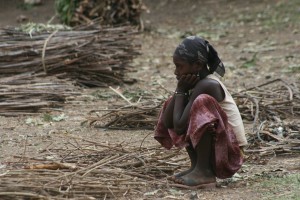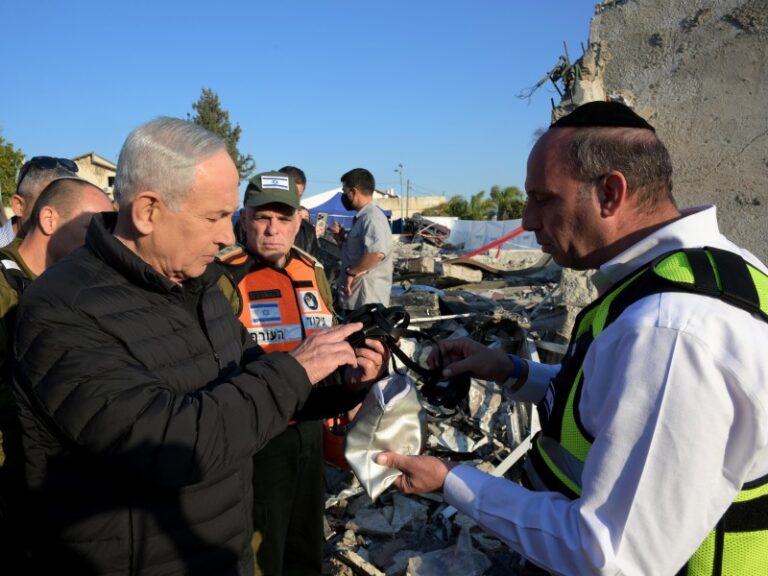
Addis Ababa/New York: After eight months of fierce fighting between the Ethiopian Army and the rebel group in the Tigray region of Ethiopia, reports suggested on June 29, 2021 that Tigrayan fighters were about to retake control of the regional capital Mekelle. There were news of residents celebrating in the streets and that there appeared no signs of any truce as rebels vowed to continue their fight with the Eritrean forces too, who had joined Ethiopian army in the region.
The turn in the civil war has come as a blow to Prime Minister Abiy Ahmed, who had launched the offensive in November 2020 and said that it would over in “weeks”. Only last week, at least 64 people have been killed and 180 injured in an airstrike carried out by the Ethiopian Air Force on a market in the village of Togoga in the war-torn Tigray region. Ethiopian military had then claimed that it was a “successful precision strike” that “only” targeted the rebel fighters.
United Nations Secretary-General António Guterres, who has been in constant touch with the Ethiopian Prime Minister Ahmed, too had also strongly condemned the air strike and reiterated the need for all parties to uphold their responsibilities under international humanitarian and human rights law and to ensure the protection of civilians. He had even called for an independent and swift investigation into the incident.
After eight months of violence, the fight continues, resulting in displacement of almost two million people from their homes. That apart, the region faces a famine affecting millions. There is lack of potable water and no education of children, and the overall situation is reported to be fluid.
Also read:
- Over 350 000 people facing “catastrophic conditions” in Tigray region of Ethiopia
- Sexual and gender-based violence, extrajudicial killings in Tigray
- In face of worsening situation, Ethiopia allows UN agencies to move to Tigray
- Situation deteriorating rapidly as humanitarian access continues to be restricted in Tigray region of Ethiopia
- US reverses Trump’s stand on embattled Tigray region of Ethiopia
At the United Nations headquarters in New York, Stéphane Dujarric, Spokesman for the Secretary-General, said that “It is imperative that, sort of, regardless of who controls an area, that who… whichever entity… armed entity is there, that they ensure the safety of humanitarian workers and that they ensure a safe passage and unimpeded access for us and for our humanitarian partners.”
As for the cessation of hostilities, he informed that the Secretary-General, António Guterres had spoken to Ethiopian Prime Minister Abiy Ahmed on June 28, 2021, and the latter had expressed his hope for a cessation of hostilities after Guterres told him how he felt about the need for the violence to end, the need for political reconciliation, the need for humanitarian access. .
“At this point, and I spoke to the Secretary-General a short while ago [on June 29], he wants to make sure that all actors and everyone involved commit to peace and a real cessation of hostilities. This will obviously, we hope, help improve humanitarian access and the assistance we’re able to deliver. It is very important for steps to be taken for unity through political dialogue and, of course, we continue to offer the full support of the United Nations in this regard,” Dujarric said.
Dujarric said he had reports from his humanitarian colleagues that there’s been a breakdown in telecommunications and Internet services in Tigray as on June 29. “So the impact of the current situation on the humanitarian operations remain unknown at this moment,” he said, reiterating that he didn’t have an operational update as of now.
In fact humanitarian operations had been constrained in the past few days due to the ongoing fighting in the region. “We’re still… we are ready to resume full operations, pending security and access assessment as to the new conditions on the ground,” Dujarric told reporters, adding that, “We, along with our partners, are looking at options to scale up the humanitarian relief operations in light of what we find following the assessment. We’re also looking to supply routes into Tigray in consultations with our security colleagues and logistics experts”.
As of June 24, 2021, there were 419 UN staff supporting the humanitarian response in Tigray. The majority of them were national staff, though thee were a substantial number of international staff too. Most of them were in Mekelle and a few others in the town of Shire. “We, of course, , are staying and delivering for the people of Tigray, but we will need access to vital supplies that are currently not available. Staffing levels at the moment remain the same, as the airport in Mekelle is closed and routes are not open,” Dujarric said.
What is pernicious is the growing incidence of attacks on UN humanitarian staff in the region. Médecins sans frontières confirmed that on June 25, three of their staff in Tigray, their emergency coordinator, their assistant coordinator and their driver, were killed in a brutal murder in Tigray, to which Guterres had reacted saying he was shocked by this “totally unacceptable and an appalling violation of international human rights law”. He had demanded that the perpetrators must be found and severely punished.
Besides, there was the incident with UNICEF (United Nations Children’s Fund) in Tigray and their VSAT. But no staff had to be evacuated. “I spoke to one of our colleagues who was in Mekelle yesterday. I spoke to her yesterday [June 28]. They had been moved temporarily to a hotel for safety, but they had not vacated the area,” Dujarric said.
In Tigray or for that matter in any war zone, the responsibility to protect humanitarian workers falls squarely first and foremost on the Government and also on all parties involved in the conflict. The UN does not have any armed security of any sort to protect humanitarian workers. “As we have repeatedly said, attacks on humanitarian workers aren’t just attacks on those individuals, tragic and horrific as it is — it is an attack on the people they are there to serve, and it is unacceptable,” Dujarric said, adding that “we have colleagues in Mekelle and Shire, who last reported were all safe and sound, but as I said, the remain… the situation remains rather fluid at this point.”
– global bihari bureau





